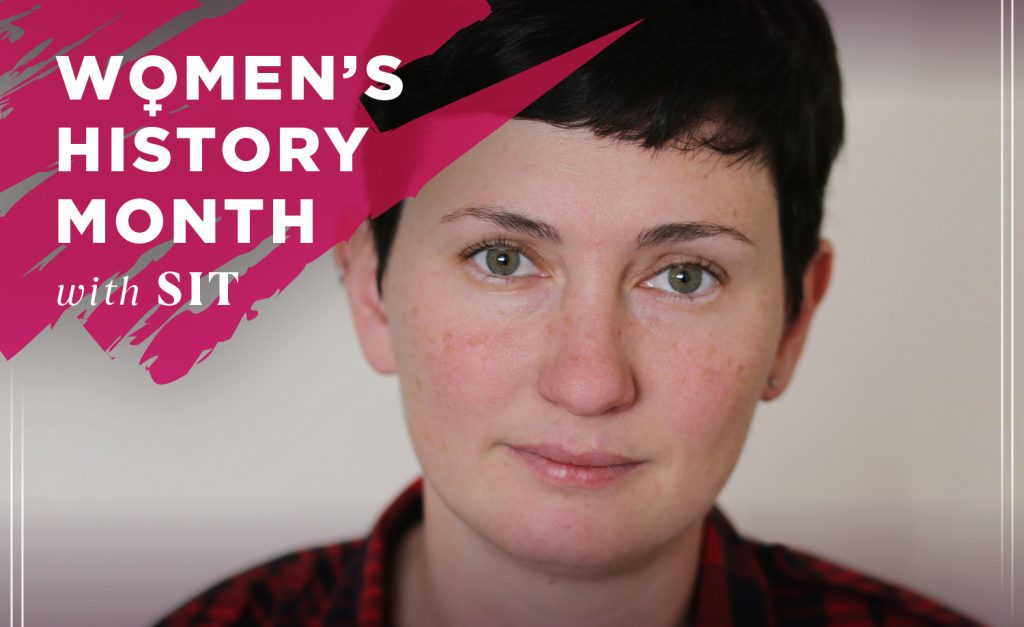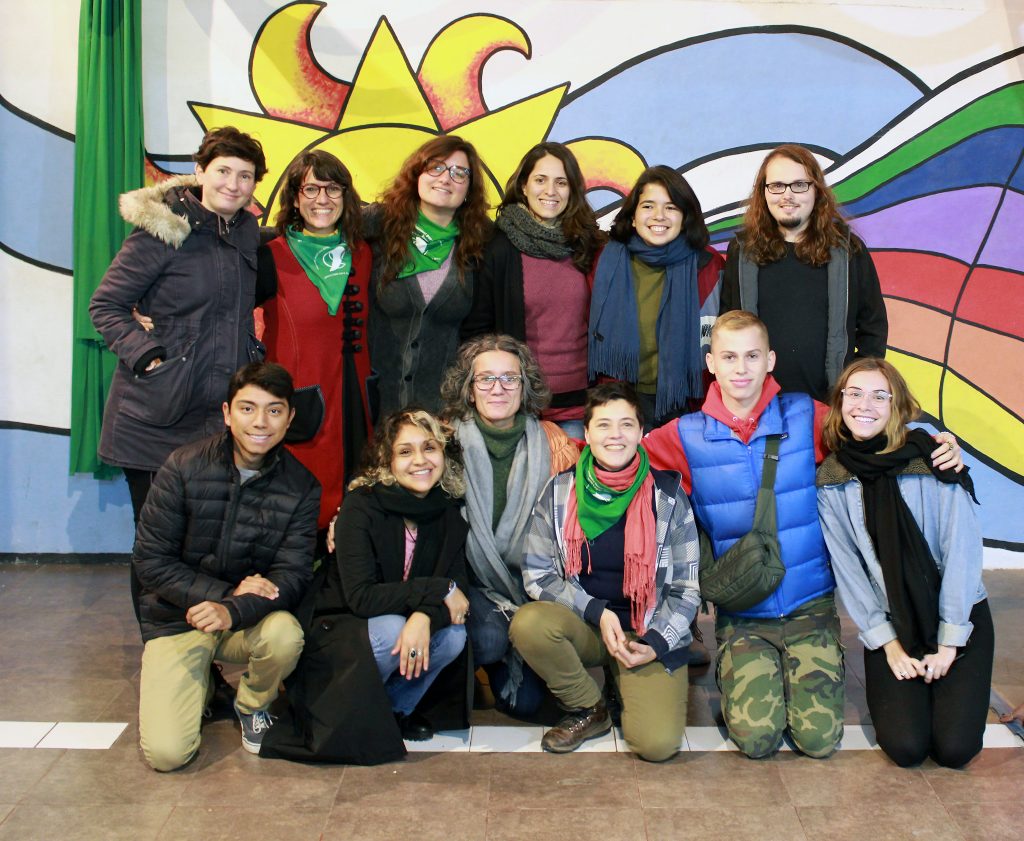Agustina Triquell: Artist & social scientist
March 30th, 2020
Argentina: Memory and Social Activism through the Arts (summer)
During Women's History Month, SIT is spotlighting some of our extraordinary academic and program directors across the globe who are making history today through their thinking, their words, and their actions.

What’s your academic discipline and what inspired you to pursue it?
I am constantly working at the crossroads of disciplines. I am an artist, a researcher, and teacher who holds a PhD in social sciences. My work constantly bridges sociology and anthropology within the arts field, with collective projects that cross feminism, DIY attitude, and community-based art. My inspiration is multiple; a symbiosis between artists and writers I like, theorists I study deeply, and, last but definitely not least, my closer community of friends and colleagues.
Who is your hero and why do you admire her?
I tend to think we have many things to learn from many people and we should be suspect of individual success trajectories. If I have to chose someone I admire, I would choose not a single individual but a collective: the trans community. In Argentina, they have been strongly oppressed and they still have to constantly struggle for visibility and for being heard, even in feminist spaces.
One of the most important learnings from feminism is allowing us to rethink the way we build up ourselves. Feminism has the power to question it all, including the narratives we learned about heroes and villains, good or evil, success or failure. The way we are supposed to think of ourselves and narrate our lives is strongly rooted in binary thinking.

Why do you teach?
That's an easy question: Teaching is the best way of learning. Creating reflective spaces to share knowledge and life experiences is, for me, the most nutritive part of my work. It makes us confront different realities and understand my own biography.
What advice would you offer young women?
